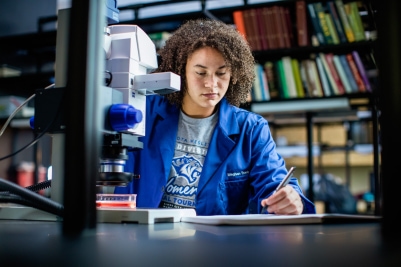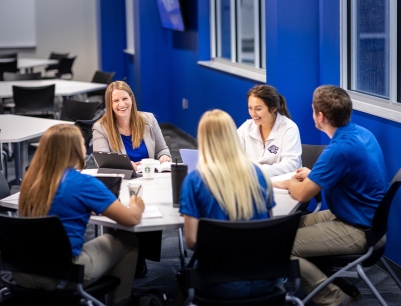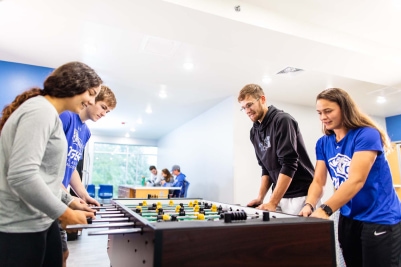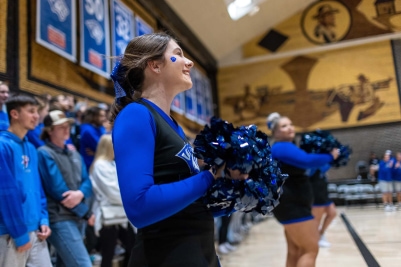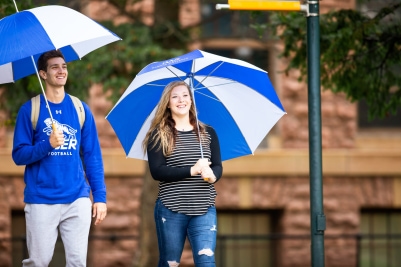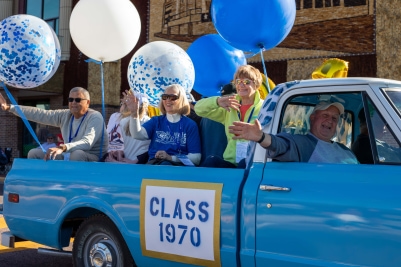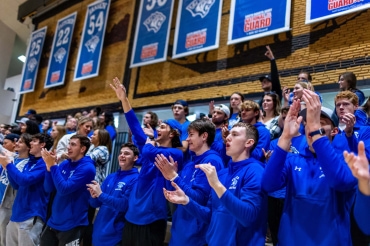Education as a Public Good
The benefit of an educated citizen enhances the value of more than the individual.
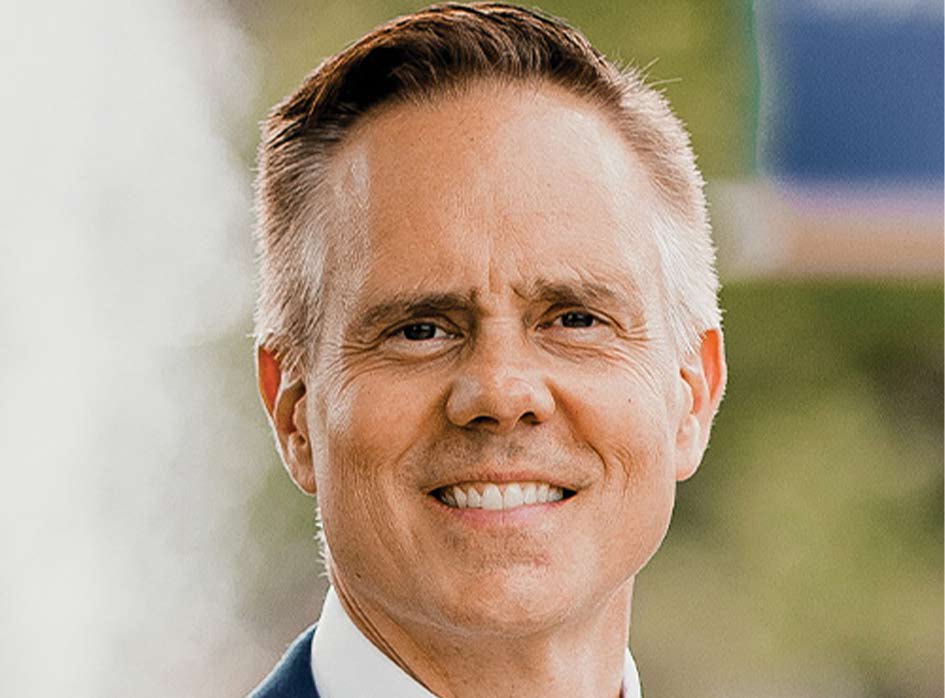
by Daniel R. Kittle, Ph.D., President, Dakota Wesleyan University
It’s easy to recognize when we’re purchasing something for ourselves. For example, when I stop and buy a cup of coffee, that’s a private good because it primarily benefits me. On the other hand, if I make a donation to help fund First Fridays on Main, I’m contributing to a public good. Everyone in the community can benefit from the Friday celebrations, and my enjoyment of the events does not diminish anyone else’s ability to enjoy the events.
This distinction between private and public goods runs throughout our lives. Food, clothing, and personal entertainment are private goods—meant for our own consumption. But public goods, such as public events, well-maintained parks, emergency services and vibrant faith communities, serve everyone. They enrich the broader community and aren’t diminished by more people using or benefiting from them.
I believe education—both K-12 and higher education—is a public good. Yes, individuals absolutely benefit from educational opportunities. Higher earnings, better health, and a greater quality of life are all tied to educational attainment. But the benefit of an educated citizen enhances the value of more than the individual. It multiplies its impact by strengthening communities.
A well-educated nurse not only serves patients but contributes to the public health of the entire community. An accountant, a teacher, a graphic designer—each brings valuable skills to the workplace and to civic life. Educated citizens are more likely to volunteer, coach little league, serve on nonprofit boards and participate in local government. In short, they help build stronger, more connected, more vibrant communities.
And yet, over the past decade, our national narrative has shifted. Too often, education is talked about only in terms of personal gain—or worse, personal debt. We’ve started treating education like a luxury item, rather than the foundational public good it truly is.
You can see this shift in public policy. Today, we struggle to fully fund K-12 education, and we’ve consistently underfunded public support for higher education. When I was a college student, the federal Pell Grant covered about 75% of the cost of attending university. Today, that same grant covers only about 30%. While it’s true that the cost of education has increased, our public investment hasn’t kept pace, nor have public policies—and in many ways, some actions have made the problem worse.
Equally troubling is the growing skepticism about the value of higher education. Despite overwhelming data that shows college graduates earn more, contribute more to their communities and experience greater well-being, we often hear the question, “Is college worth it?” When we lose sight of the public benefits of education, we begin to question its very purpose.
Let me make one more point. Colleges and universities —especially in communities like ours—are economic and cultural engines. At Dakota Wesleyan University, we employ hundreds of people, attract students and families from across the region and host events that bring the community together. Investing in higher education is not just investing in students; it’s investing in the vitality and future of the communities we serve, communities like Mitchell.
We need to recover and recommit to the belief that education at any level is a public good. It’s less like buying a cup of coffee and more like building a local park – it’s something that enhances life for everyone, not just for those who built it or used it first. It strengthens our communities, empowers our citizens and supports the very fabric of our society.
At DWU, we are proud to be part of that fabric. And we are grateful to be in a community that understands the value of education—not just for individual achievement, but for the common good.


